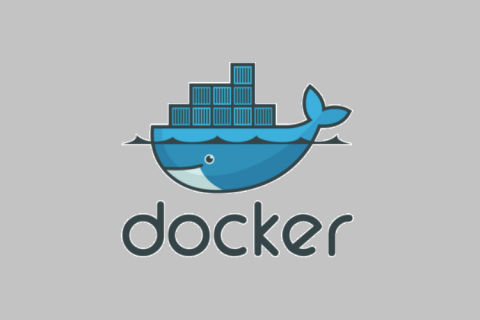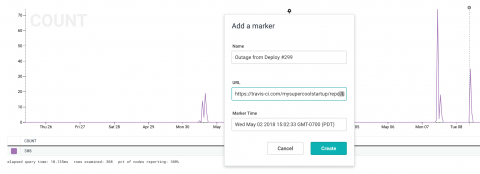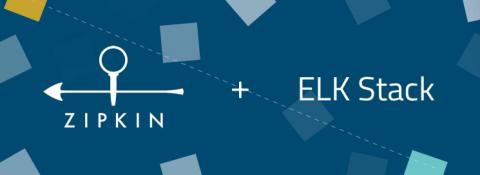Operations | Monitoring | ITSM | DevOps | Cloud
opsdemon
Latest posts
Official docker for Pinpoint is On-line
Having hard time installing pinpoint? Pinpoint has started to support Docker. Visit our Official Pinpoint-Docker repository(https://github.com/naver/pinpoint-docker) for more information.
Add Custom Markers from the Query UI
When it comes to observing systems, it helps to have tools that quickly and efficiently allow you to highlight events, anomalies, or simply changes to the code base. Enter Markers.
The fastest, most direct route to instrumented code: a Honeycomb Beeline
If you’re feeling too busy or overwhelmed to instrument your code, we are here for you. We’ve talked many times about the value of instrumentation, and how it’s necessary to instrument your code properly to have access to the kind of data you need to get real observability. Instrumenting your code can mean a lot of things, but in particular it means you have to augment it in many different places, which is time-consuming.
Featured Integration: Discord
Today we’d like to take you through one of our newest additions to our integrations for receiving StatusCake alerts. Whilst being a relatively new service, Discord has already made a big impact and already has a user-base of over 90 million individuals world wide.
Up 0.6.0-IAM Policies, Git Versioning, Deployment History, and more
Just a quick post highlighting some of the changes made since Apex Up v0.5.0! If you’re unfamiliar with Up, it’s a command-line tool to help you deploy and manage near-infinitely scalable serverless web applications and APIs on AWS. You can deploy as many applications as you need, for the fraction of the price of other providers, with zero operational maintenance or manual scaling efforts.
Distributed Tracing with Zipkin and ELK
While logs can tell us whether a specific request failed to execute or not and metrics can help us monitor how many times this request failed and how long the failed request took, traces help us debug the reason why the request failed, or took so long to execute by breaking up the execution flow and dissecting it into smaller events.
How to create and manage Kubernetes clusters the easy way with Rancher 2.0 - Online Training
How to Harness the Power of Open Source and Manage its Vulnerabilities
Open source has come a long way. Open source components are the building blocks of arguably every organization’s software. According to Stack Overflow’s 2018 developer survey results, nearly half of professional developers contribute to open source projects, and 40% listed contribution to open source software as part of their non-formal learning background.
How to overcome repeat IT requests
When you’re in IT, you see it all. Complicated issues, like that one Windows update that just won’t install, and quick fixes that you could do in your sleep. And of course, there’s also those repeat requests. I can’t get any email. The printer’s broken. My internet doesn’t work. What’s my password again?
Release 1.21 - Update Stripe Card Feature, Schedule Bug Fix
Modifications in PushMon 1.21 Release.




















